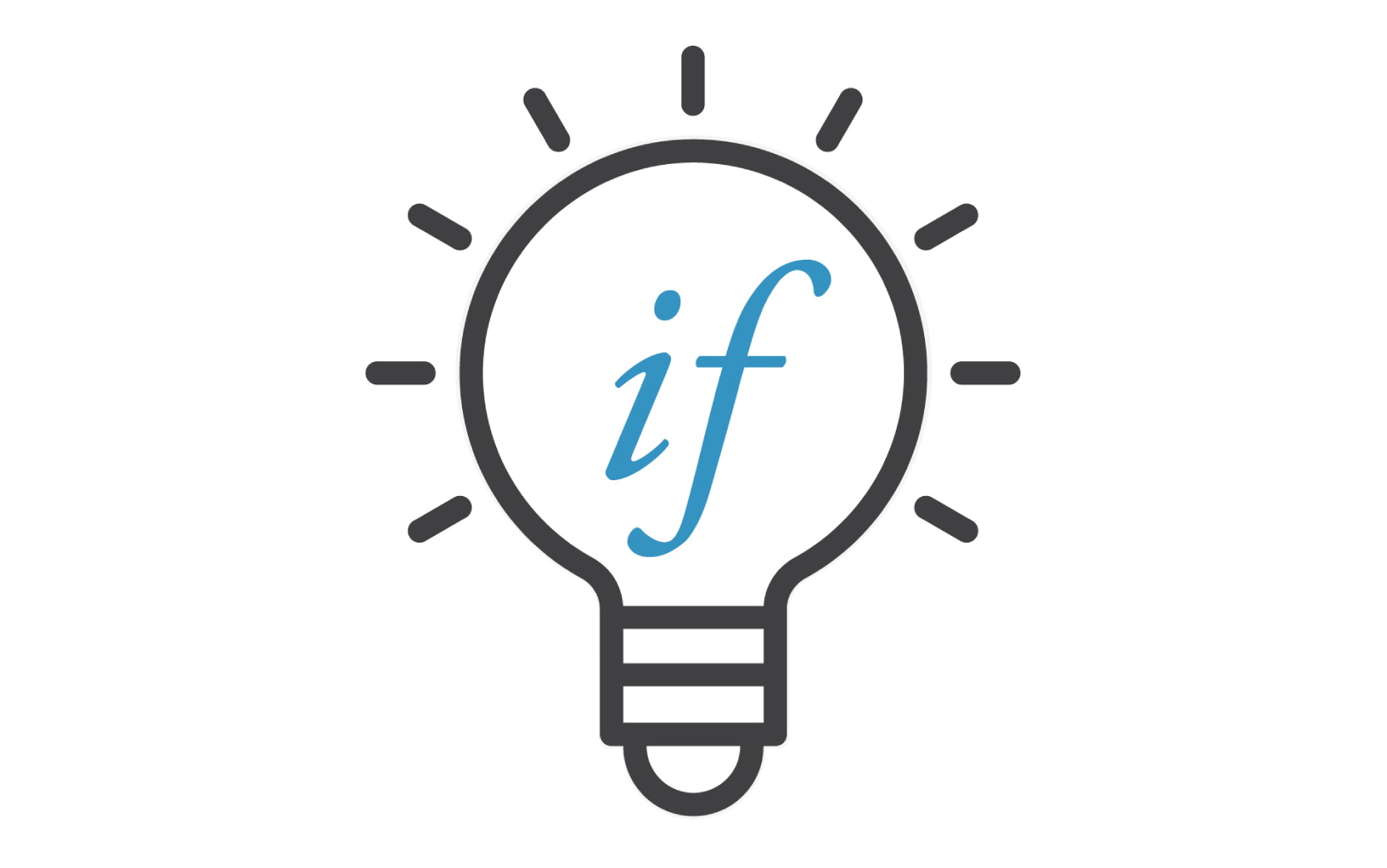2020 Innovation Fund Recipients
The APS Innovation Fund provides funding to advance collaborative projects that support the APS mission "to advance and diffuse the knowledge of physics for the benefit of humanity, promote physics, and service the broader physics community." Earlier this year, we awarded funds to two projects, proposed in a special call for proposals, that address issues in the physics community related to COVID-19.
We have awarded funds to an additional three projects in 2020. The projects receiving Innovation Fund grants are:

Enabling Department Transformation though the Departmental Action Leadership Institute
The Effective Practices for Physics Programs (EP3) Departmental Action Leadership Institutes (DALI) are an innovative model for supporting physics departments in planning and implementing transformational change. The DALIs will provide a model for intensive support of change efforts and training of change leaders in US physics departments. Multiple departments participating in a year-long online community led by DALI facilitators will jointly engage with a curriculum grounded in the principles and practices embodied in the EP3 Guide. The curriculum developed by the DALI team will be made available to the community to expand the capacity of APS to support the needs of physics departments in the United States and create a growing cohort of leaders trained in departmental change.
Project Leads: Joel Corbo (University of Colorado Boulder) and David Craig (Oregon State University)
Women Supporting Women in the Sciences
Women Supporting Women in the Sciences (WS2) is an international initiative unifying and supporting graduate and professional-level women and allies in science, technology, engineering, and mathematics (STEM), while providing outreach to elementary and secondary level students. Since late 2018, graduate students and postdocs from Northwestern University and several institutions in Tanzania have been collaborating to develop professional development workshops intended to empower university women and promote STEM careers. The funding will allow WS2 to form international teams that will design and distribute low-cost physics and materials science lab kits relevant to elementary and secondary school students across the world.
Project Leads: Jill Wenderott (Northwestern University), Joyce Elisadiki (University of Dodoma), Sossina Haile (Northwestern University), Julie Fornaciari (UC Berkeley), and Danielle Butts (UCLA)
Bringing Quantum Information Science to Diverse Undergraduate Populations
Education and workforce training in quantum information science and technology (QIST) exists primarily at the graduate and postdoctoral positions, with few undergraduate efforts now growing out of these. To maximize the impact of these efforts in undergraduate QIST education, this project aims to bring together faculty in the California State University system (CSU) and other primarily undergraduate institutions (PUIs) to analyze the state of undergraduate QIST education, identify the challenges associated with implementing QIST curriculum at primarily undergraduate institutions, and develop strategies and solutions to deal with these challenges. Follow-up support for faculty implementing QIST curricula will be provided in the form of online learning communities. Involving the faculty from CSU and other PUIs will ensure the underrepresented populations they serve are included in the development of the QIST workforce, thereby helping create a diverse and demographically representative QIST community from its inception.
Project Leads: Justin Perron (California State University San Marcos), Shahed Sharif (California State University San Marcos), and Charles De Leone (California State University San Marcos)
